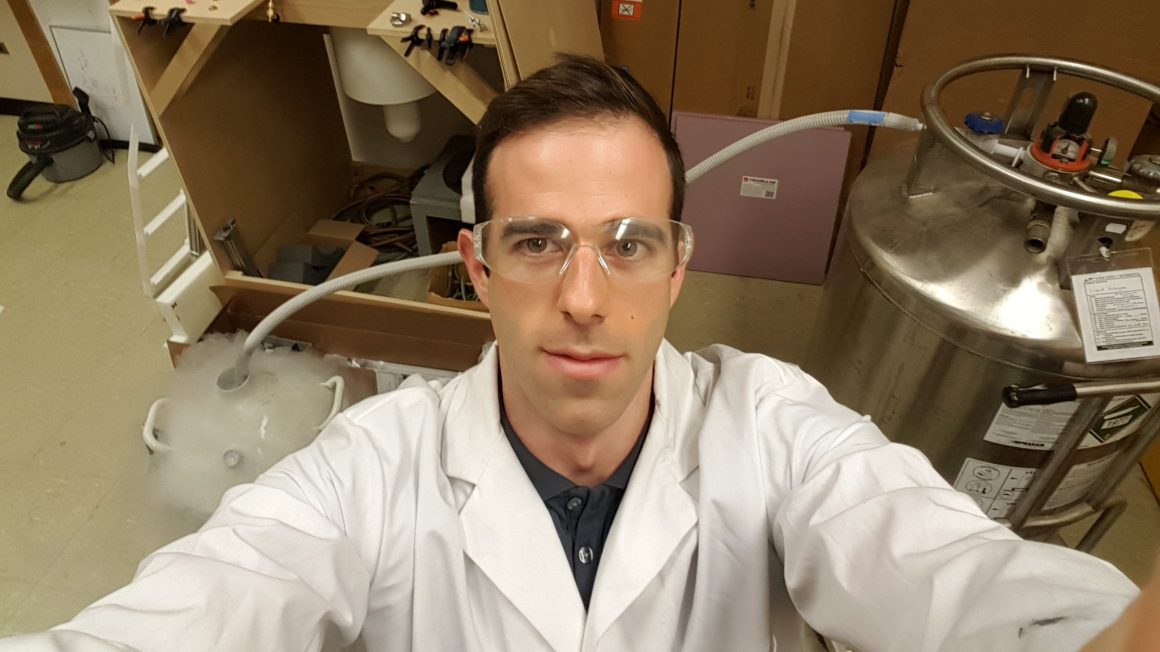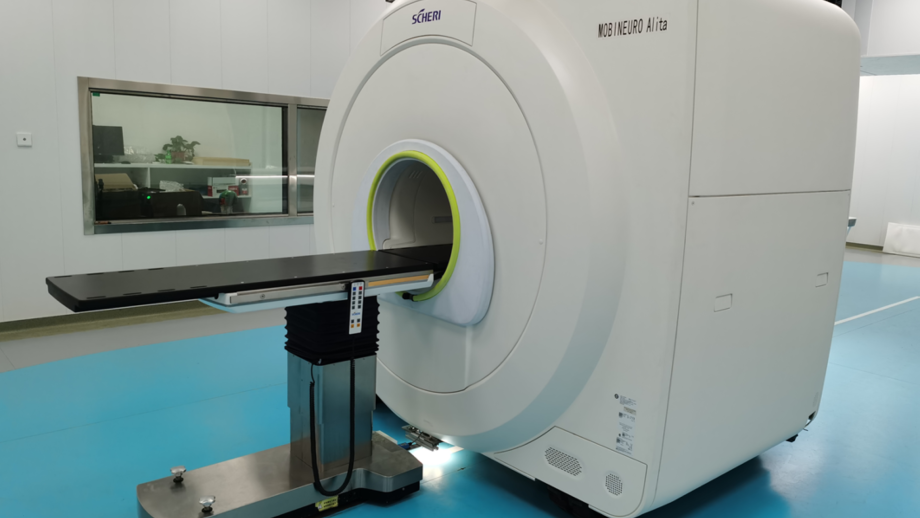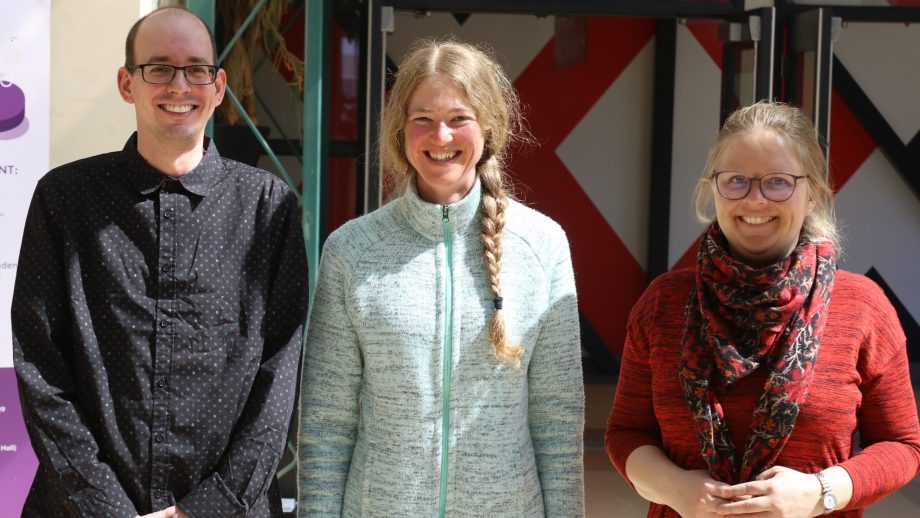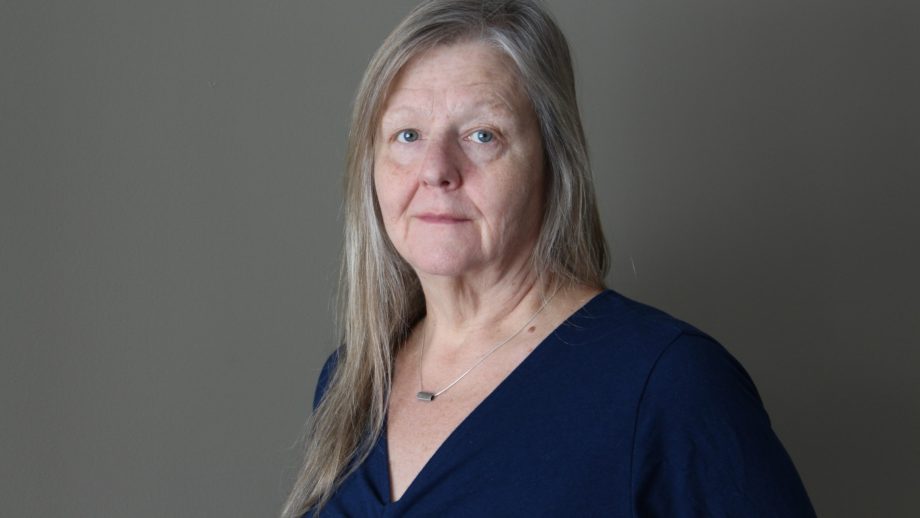Thanks to funding from NSERC and Mitacs, University of Winnipeg postdoctoral scholar Dr. Michael Lang is developing tools aimed at making high-quality MRI more affordable and accessible to surgeons around the world.
A game changing product, which will be sold world-wide, is going to have components designed and built right here in Winnipeg.
Dr. Melanie martin
Earlier this year, Dr. Michael Lang received a Mitacs Elevate Industrial Postdoctoral Fellowship valued at $55,000/per year. This is a special initiative offer for postdocs that promotes collaboration with industry partners. He is working with Sino Canada Health Institute (SCHI), developing radio frequency hardware for novel intra-operative MRI systems.
The project has recently been awarded an NSERC Alliance Grant valued at $100,000/per year, which will be matched by $50,000/ per year from SCHI. The NSERC Alliance Grant encourages university researchers to collaborate with partner organizations to generate new knowledge and address complex challenges.
Increasing research and industrial opportunities
“Receiving this funding allows us to make high-quality MRI more accessible and bring more medical imaging research and industrial opportunities to Winnipeg,” said Lang.
Lang graduated from UWinnipeg with a physics degree in 2011. From here, he went on to complete a Masters and PhD at the University of Manitoba. His supervisor, Dr. Melanie Martin says that the skills he learned during his studies are helping him design the hardware SCHI needs for their cost-effective MRI system.
“It is gratifying to me that a game changing product, which will be sold world-wide, is going to have components designed and built right here in Winnipeg by a Winnipeg-trained researcher,” she said. “Mike is very valuable to the success of this project.”
Lang is developing specialized hardware to make the image quality from SCHI’s cost-effective intraoperative MRI system comparable to the image quality from expensive higher-field strength clinical imagers used outside of hospital operating rooms.
Finding a path forward
When Lang first began university he was unsure what path to take. He took a variety of courses in different fields to figure out where he fit. Physics quickly captured his interest.
“My former supervisor Dr. Chris Bidinosti was a key influence in my physics and medical imaging interests,” said Lang. “He provided me with the framework to explore these interests and encouraged me along the way.”
He says that Martin has significantly influenced his career path, opening doors to MRI-related research and the opportunity to work with SCHI where he looks forward to developing intra-operative MRI systems that are more cost-effective, safer, and easier to operate than the previous generation.
“My goal is to establish a career in medical imaging as a researcher and promoter of the technology,” he said. “This project provides me with a path toward these goals by connecting me with a company that allows me to grow as a scientist and professional in this industry.”
Martin is thrilled by the support this project has received.
“We are very thankful for the funding we have received from NSERC and Mitacs that makes it all possible,” said Martin. “MRI scanners generate exquisitely detailed images of brain and spinal cord anatomy and pathology. The placement of MRI systems in the operating room will revolutionize neurosurgical care.”
Mitacs is accepting applications for the Accelerate Industrial Postdoc until November 25, 2020. The deadline to apply for their Winter 2021 Elevate Postdoctoral Fellowship is February 10, 2021.





